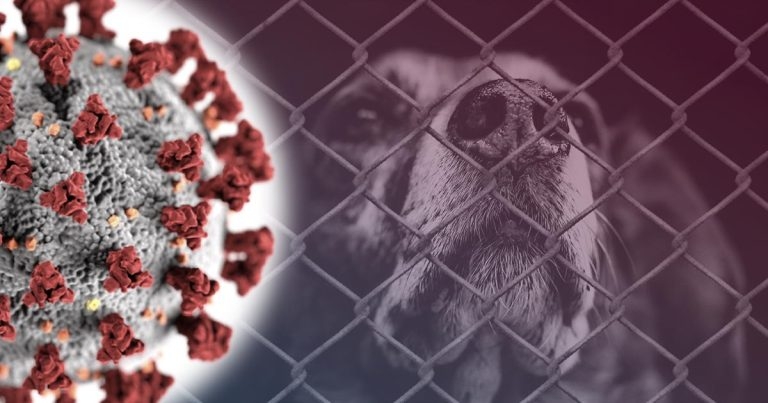24 Apr 2020
“Without this support, if the system becomes overloaded, charities may be forced to make difficult decisions around the euthanasia of animals.” - BSAVA.

The UK is facing a potential companion animal welfare “time bomb” after a number of rescue charities reported they may not survive the ongoing COVID-19 lockdown.
The Association of Dogs and Cats Homes (ADCH) conducted a sweeping survey among its 150 member organisations, which revealed all were facing huge staffing and funding pressures, and nearly half of respondents admitted they may not survive the crisis.
All of the country’s largest animal welfare organisations – including the RSPCA – are members of the ADCH. In 2019, ADCH members took in a total of more than 72,000 dogs and 90,000 cats.
The association said its survey results show that, due to the pandemic, many of its member organisations across England, Scotland, Wales, Northern Ireland, the Republic of Ireland, Guernsey, the Isle of Man and Jersey have already reported losing up to half their incomes, with no firm date for the lockdown being lifted.
The ADCH concluded the coronavirus posed “a huge threat to the sustainability of the dog and cat rescue sector, potentially creating an animal welfare time bomb”.
Closure of a large number of rescue centres would give rise to the question of what to do with thousands of dogs, cats, horses, ponies, donkeys, birds and exotic animals.
BSAVA president Sue Paterson said: “With charity shops and fund raising events cancelled due to COVID-19, there is no doubt that many of the animal charities that rely on these income streams will struggle.
“We would hope that financial support specific to the animal welfare sector can be made available by the Government, and channelled towards the animal rescue centres and charities that provide essential services to support animal welfare.
“Without this support, if the system becomes overloaded, charities may be forced to make difficult decisions around the euthanasia of animals.”
ADCH spokesman David Bowles added: “All animal rescues that responded to the survey said fund raising activities have been paused or postponed, but expenditure remains as much of the work continues.
“This has left many – particularly smaller – charities in the sector at risk of imminent closure, with nearly half saying they may not have funds to survive the lockdown.
“We have set up an emergency fund to help our members, but will still face a situation when we emerge from this tough time with much-reduced capacity in the sector with the serious knock-on effect on animal welfare in the future.”
To assess the impact of coronavirus on the rescue sector, the ADCH conducted a survey of all its members between 7 and 10 April.
The survey received responses from 99 members (65 per cent).